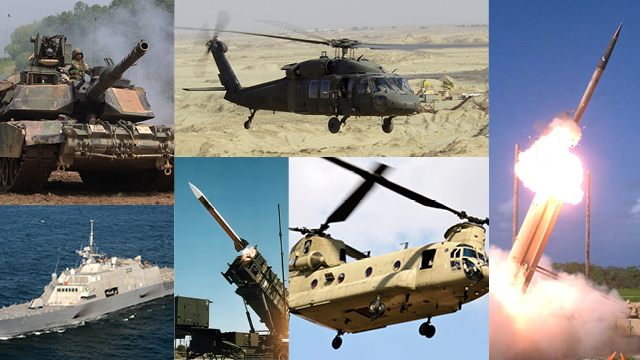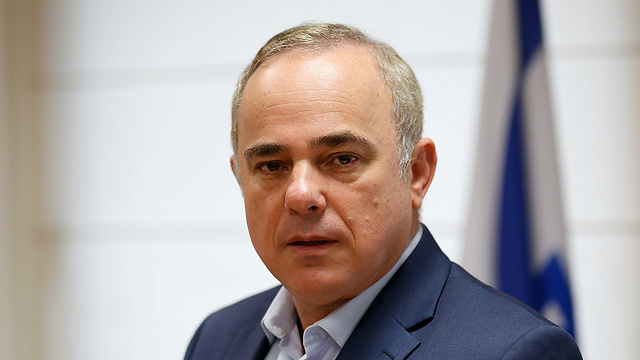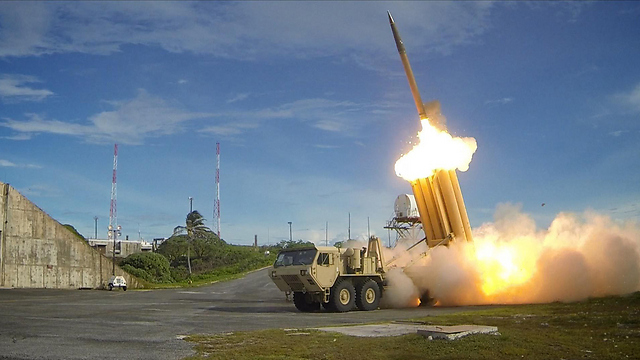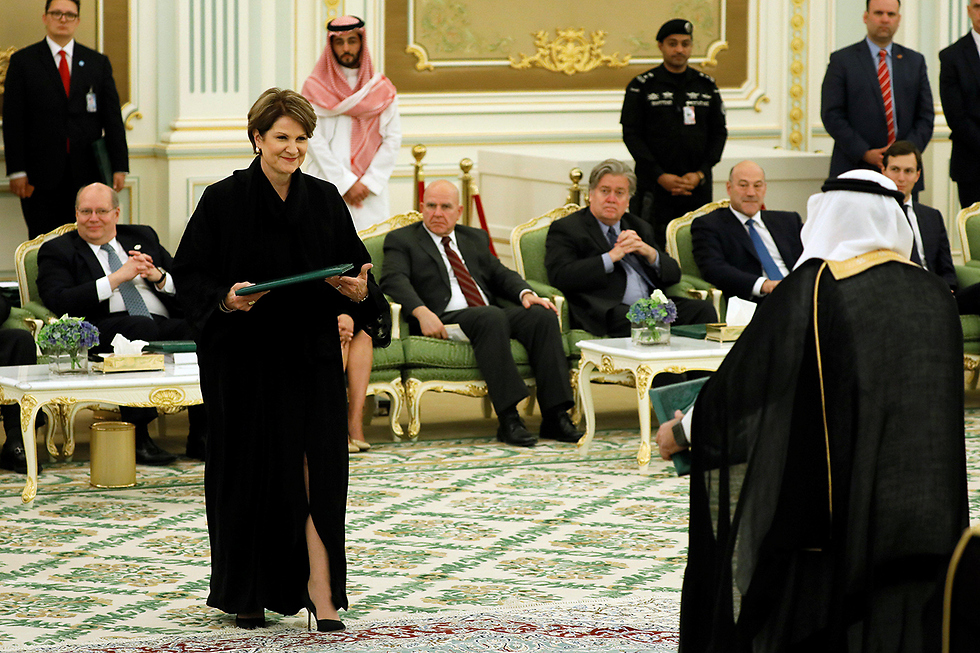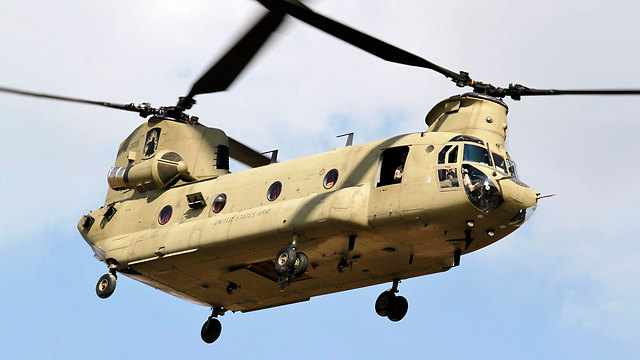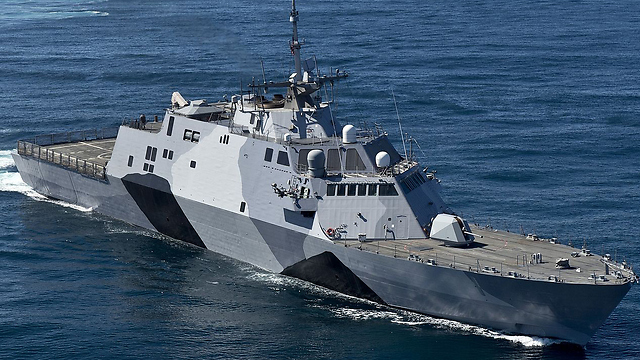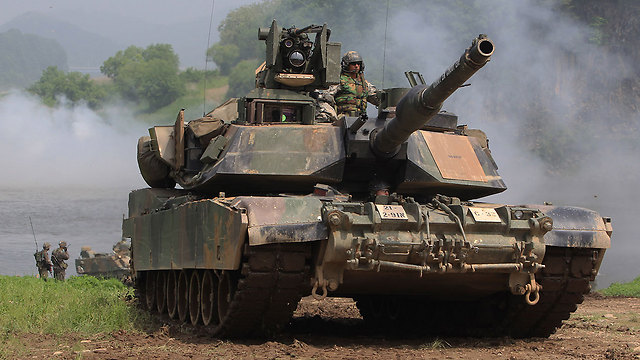

Israeli ministers troubled by $110 billion US-Saudi arms deal
Military deal amounts to about $110 billion effective immediately, plus another $350 billion over the next 10 years; 'Saudi Arabia is a hostile country and we need to ensure Israel's qualitative military edge is maintained,' says Minister Steinitz.
National Infrastructure, Energy and Water Resources Yuval Steinitz expressed concern on Sunday morning regarding the massive arms deal signed between the United States and Saudi Arabia during US President Donald Trump's visit to Riyadh.
The military sales deal amounts to about $110 billion effective immediately, plus another $350 billion over the next 10 years.
After signing the deal, Trump spoke of "hundreds of billions of dollars of investments into the United States and jobs, jobs, jobs."
"Hundreds of millions of dollars in arms deals is something we need to get an explanation for," Steinitz said ahead of Sunday morning's government meeting. "Saudi Arabia is a hostile country and we need to ensure Israel's qualitative military edge is maintained."
"This is not a country that we have diplomatic relations with," he added, noting that it "is still a hostile country and nobody knows what the future holds."
"I hope we'll receive clear answers to that soon. This is definitely something that should trouble us," Steinitz went on to say.
Minister Ayoob Kara also raised the issue during the Likud ministers meeting on Sunday, asking Prime Minister Benjamin Netanyahu whether he wasn't concerned of the fact Saudi was becoming "a world power with military superiority over us." Netanyahu told him he will discuss the matter during the cabinet meeting.
The package includes American arms and maintenance, specifically 115 M1A2 tanks, four warships, THAAD missile defense system, maritime security, radar and communications, and cyber security technology.
The deal also includes a pledge to assemble 150 Lockheed Martin Blackhawk S-70 helicopters in Saudi Arabia to the tune of $6 billion.
American media reported that Saudi also purchased MIM-104F (PAC-3) Patriot batteries, while Bloomberg reported on a deal Saudi signed with Boeing that could reach $3.5 billion to buy an additional 48 CH-47 Chinook helicopters and other equipment.
The White House said in a statement that the package of defense equipment and services is aimed to boost security in the Arab Gulf region in the face of Iranian aggression.
It is also meant to bolster the kingdom's ability to contribute to counterterrorism operations across the region, "reducing the burden on the US military to conduct those operations."
It was described by Vice Admiral Joe Rixey, chief of the Pentagon's Defense Security Cooperation Agency, as "the largest single arms deal in American history."
In addition to the arms deal, national oil firm Saudi Aramco said it signed $50 billion of agreements with US firms. Energy minister Khalid al-Falih said deals involving all companies totaled over $200 billion, many of them designed to produce things in Saudi Arabia that had previously been imported.
A deal between Saudi Basic Industries Corporation and the American Exxon Mobil, a company until recently headed by US Secretary of State Rex Tillerson, was signed to build a $20 billion chemical complex.
But Trump doesn't plan to stop with Saudi Arabia. During his visit to Riyah, he also met with the Emir of Qatar, Sheikh Tamim bin Hamad Al Thani, on Sunday morning.
Trump said ahead of the meeting that he and the Emir will discuss the purchase of "lots of beautiful military equipment."
He added that "no one makes" military equipment like the United States and said a deal would create jobs for the US and security for Qatar.
The American president also met with the King of Bahrain, saying the two countries "have a wonderful relationship" but "there has been a little strain."
He vowed to improve things further, but did not specify what tension he needed to resolve. The two countries have had a long-term military alliance though the US was critical of Bahrain's response to uprisings during the Arab Spring.
Kobi Nachshoni contributed to this report.














